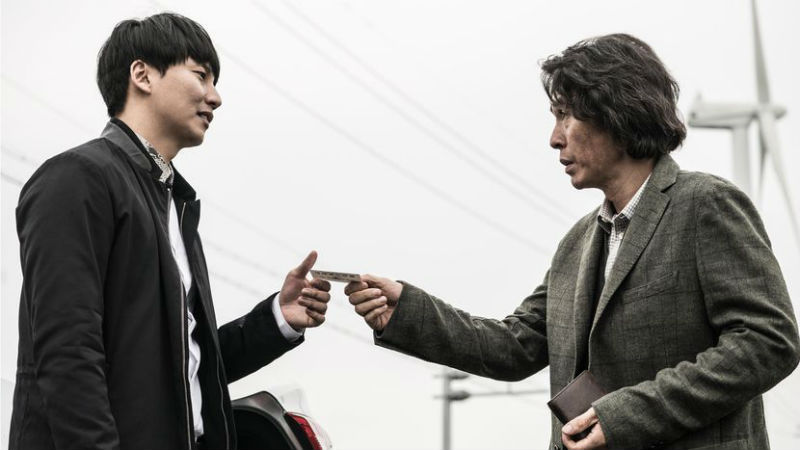QUICK SNAP: LIVE FROM TRANSYLVANIA
This is a crime thriller with enough twists to make Agatha Christie proud. An unpredictable, non-linear serial killer drama from Russia, Execution is a bloody, bruise and highly nasty film from debut director Lado Kvataniya. With echoes of Memories of Murder (Bong Joon-Ho, 2003), Old Boy (Park Chan-wook, 2003) and David Fincher’s Mindhunter (2017-19) and Zodiac (2007), The Execution a confident and exciting genre picture that doubles up as an allegory of the last, fading days of the Soviet Union.
It’s freely inspired by the true story of Andrei Tchikatilo, who murdered, sexually assaulted and mutilated at least 52 women and children in the 80s 80s. While the USA had experience building psychological profiles of killers from the mid-20th century, this was the first time the Soviet Union had to pursue such a case, leading to much confusion among the politburo.
Nikoloz Tavadze is perfect in the main role as the lead investigator in the case. With a similar gait and frame to Ivan Lapshin in Alexey German’s classic My Friend Ivan Lapshin (1985), he occupies a similar world of paranoia and crumbling institutions, with lone men given free rein to be both judge, jury and execution. With intense pressure from above, the police commit unspeakable brutality in order to pursue their cases, showing how the solution can often approximate the same level of the problem. The myth of the Etruscan Execution is invoked, whereby the perpetrator is attached to the body of the victim until both bodies turn black. Of course, we’ll see something to that effect by the end, but its how it gets there that keeps us riveted throughout.
The film starts in 1991, but the killer starts in 1978, the film freely hopping between and playing with time, slowly revealing layer after layer during its luxurious runtime. The non-linear approach is a smart one, as the story is as much about how information is doled out as what we know from the start. And no matter how much you predict what’s going to happen, there’s simply no way to have a clear grip on how brilliantly this film reaches its final conclusion.
Mixing a romantic atmosphere with the utter darkness of man, it often feels more South Korean than Russian, especially in the way that lurid violence is tied to character and its portentous sense of destiny and forward momentum. While it often strains towards the absurd, its excesses seem necessary given the lurid subject matter. All the while, the heads of state seem useless to stop the killer or rein in the reckless behaviour of its officers. Considering torture is still commonplace in Russian prisons, it has an all-too present day resonance.
Considering that it’s from Russia, the chances of it playing in the UK are incredibly slim. Yet one hopes that when the awful invasion is finally over, it will have a chance to be discovered as a solid genre programmer worth pursuing.
The Execution plays in Competition at TIFF, running from 17th to 26th June.











